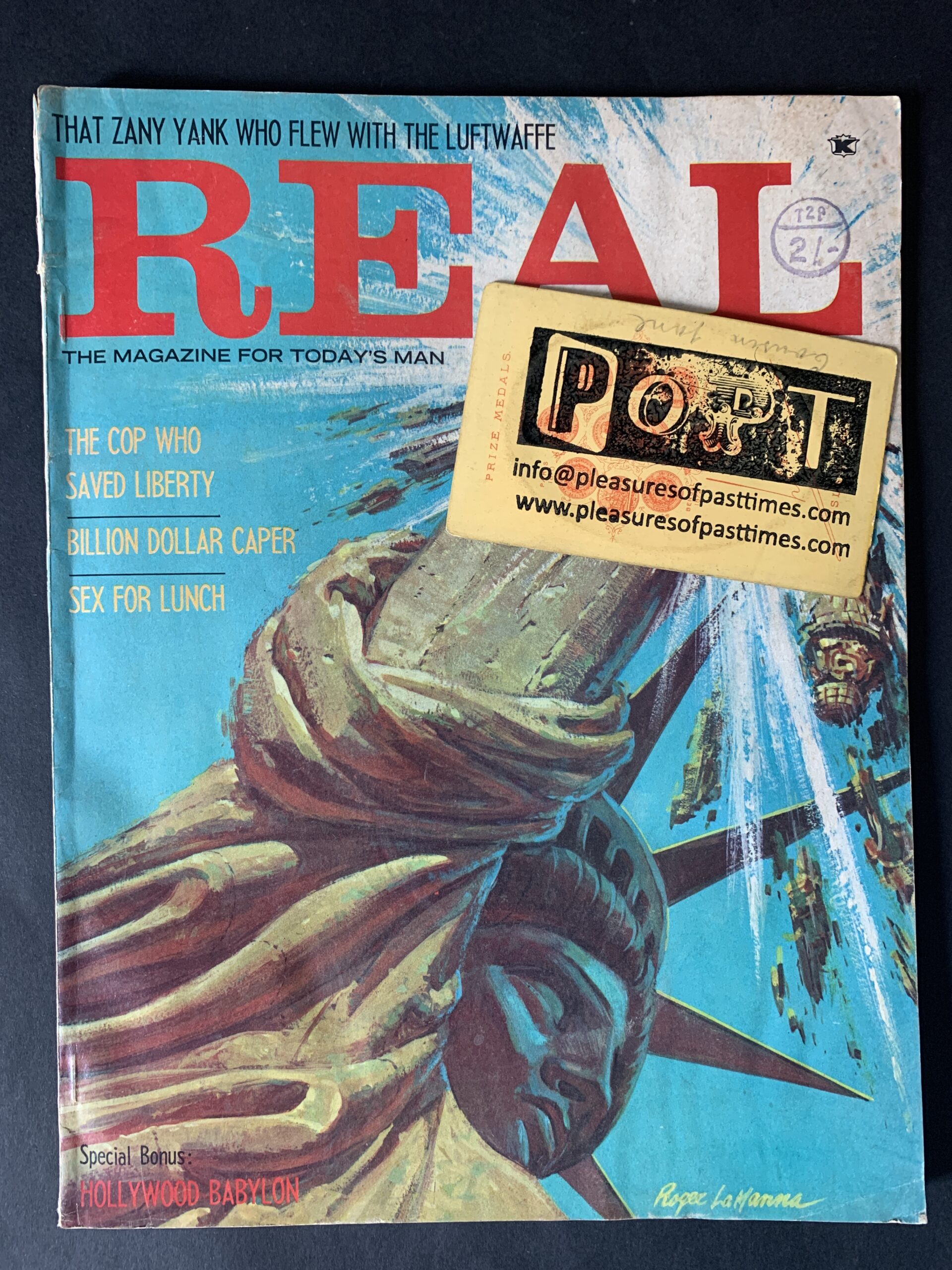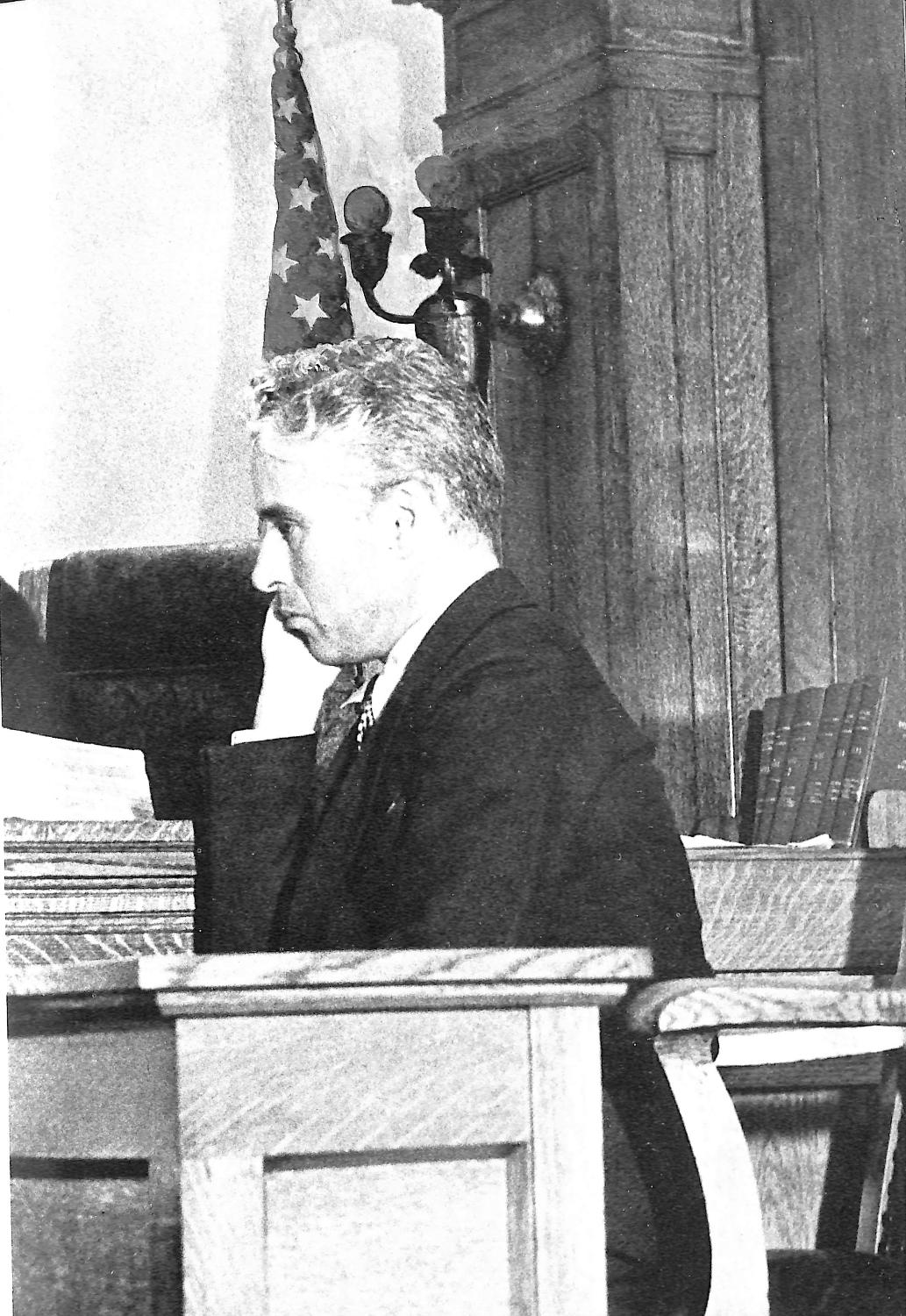

The guide kept angrily referring to Kenneth, calling him a "tyrant" and a "liar." He even accused him of fabricating the circumstances surrounding the death of 1920s starlet Marie Prevost.ĭuring a lunch meeting with author John Gilmore (see his piece, "This Is Hollywood, Isn't It?" soon on ), Kenneth became a point of conversation yet again. He also continues to send them all sorts of mail on an almost daily basis-letters, notes, books, and other packages-apparently because he likes the post office and enjoys mailing things to people.Īnother strange occurrence happened during a free afternoon when I made the poor decision of taking the Dearly Departed Tour, a bus excursion to locations around LA where infamous celebrity scandals and deaths took place.

When I visited the Museum of Death on Hollywood Boulevard and mentioned my upcoming interview to the nice couple who run the place, they told me they'd been friendly with "Ken" for years and that he had cursed them no fewer than three times (in one instance via their answering machine). A review in the New York Times famously stated: "If a book such as this can be said to have charm, it lies in the fact that here is a book without one single redeeming merit." In my opinion, nothing could be further from the truth.ĭuring my visit to LA to interview Kenneth, his name kept popping up seemingly at random. Within days it was banned and pulled from bookstores until a new edition was printed in 1975. Six years after its initial publication in France, the book was released in the US in 1965. And before the existence of societal scourges like People, TMZ, and Us Weekly, it was much easier for famous people to get away with sordid deeds. Some critics have cast doubt on claims made in the book, but who are they to say they know better? They weren't there. Kenneth also wrote Hollywood Babylon and Hollywood Babylon II, books that detailed hushed celebrity scandals from the silent-film era through the late 60s. Much of his work-especially Rabbit's Moon, Scorpio Rising, Kustom Kar Kommandos, Lucifer Rising, and Mouse Heaven-runs along a twisted continuum of American iconography, societal norms, and belief.

I wanted to speak with Kenneth because, as I see it, he has transfigured the Hollywood aesthetic into some of the most emblematic and striking short films ever made.

Whether or not I've been doomed is still unclear, but regardless, I got what I came for.


 0 kommentar(er)
0 kommentar(er)
